Times Have Certainly Changed
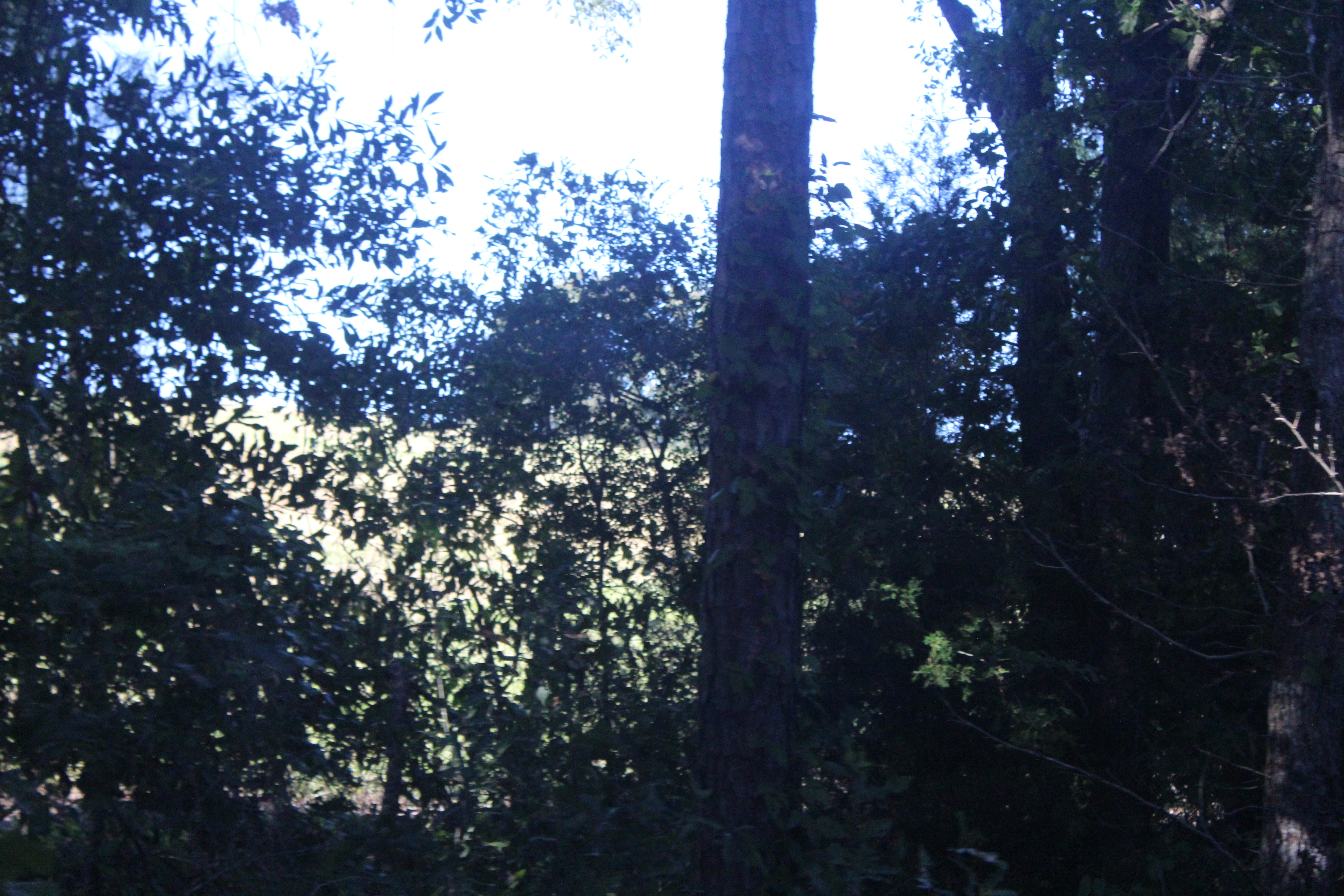
Peanut Festival Brings Back Old Memories
By Teresa Holloway
Messenger Reporter
GRAPELAND – “Long before the days of cable tv, internet, cell phones and video games, what in the world did people do for entertainment?” It’s a question many younger folks ask – when they aren’t too busy to think about it.
Many in the older generation lament the passing of a simpler, slower time and lifestyle, at least as many in today’s generations wonder what the ‘older folks’ did before streaming television and video games.
Lifelong Grapeland resident Sandra Kerby has a few answers. Growing up in an agricultural society meant days were generally filled with work and chores – “Everyone did their own work back then,” she said, recounting memories of raking the yard and cooking from scratch.
Kerby has a lifetime of wonderful memories. “I’m a Christian, so for me one of the sweetest times was the church,” she began. In those days, most socializing involved the community churches.
Life was hard without a doubt, but it wasn’t all work.Younger children, especially, had plenty of time to play.
“We went to a little pine grove just up from my house and we built little stick houses,” Kerby recalled. “We played in sand mounds, picked up horny toad lizards … we always had a spool village, you know.”
“The sand was this deep,” she said, indicating a foot or more between her hands. “I’d sit up in a tree and read my books. Back then, Carolyn Keene’s Nancy Drew mysteries were my very favorite books.”
“I can very well remember the first big picture show I got to go to,” Kerby said. “My mother, Rose Herod, worked at Kennedy Brothers. Ms. Blanche Kennedy carried us to a big movie house in Dallas. That was one of the big memories in my life.”
People still dressed nicely to go places. “We didn’t wear pants then … mother made my little Dutch girl dress with the strings that tied in the front. That was about 1947,” she said.
In every life, of course, there are the sad memories. “I remember when the old Baptist Church burned,” she said. “Mother and I were raking in the yard. Daddy was in the fire department. We knew something bad was going on, someone came by and told us the Baptist church had burned.
“I just remember crying. That just tore me up. I was about six or seven years old at the time. That was a heartbreaker to me,” she said.
“After the church burned, we went to church in the school house. We had a big snow that year, I remember walking through snow ankle high. I was about ten when that happened,” she said.
“I remember when we went to the picture show here, Dawson Schultz ran it, it was called Tejas Theater, I think. It’s always stayed in my mind, a soldier boy came up and kind of whispered something to my mother while we were paying for the tickets. The soldier was Murdoch Darsey.
“I asked what he had said, my mother told me President Roosevelt had died,” she said.
One of the funniest memories? “I was a tomato in the Peanut Festival that year,” she laughed. “That year they had peas, tomatoes, bales of hay and all this stuff. There’s a lot that went on here,” she said.
“People worked hard back then,” she said. “I remember I made fifty cents picking cotton one time. My uncle raised cotton and I well remember that and shaking peanuts, we would go to the big shaker in the field.
“I drove the tractor for granddaddy Herod. The tractor pulled the corn. I thought I was a big kid,” she laughed. “I couldn’t have been more than 12 or 13.”
Kerby recalled several families making a living from their agricultural pursuits. “One lady I know told me she could pick a bushel of peas in 14 minutes. She talked like she could do it,” she marveled.
Back then, Kerby explained, the whole community looked out for each other. “Even banks,” she said, explaining that even if one year’s crop wasn’t quite enough to cover everything, the bank would spread the earnings to cover expenses or agricultural loans and help keep the family afloat.
Chores were still generally separated by gender, it wasn’t unusual (or insulting) for women in the family to do the household and kitchen garden tending. Most learned early on how to cook, sew, quilt, manage the garden, raise the children and how to do it all with a minimum of fuss.
“I remember my grandmother putting her cabbage in a big crock on the back porch and making sauerkraut. My grandparents didn’t have electricity and I’d go stay with them. She taught me how to blow the lamp out without blowing the fire back into the lamp,” Kerby said.
“One of the sweetest times, laying on her clean sheets that had been dried in the sun and hearing the whippoorwills outside. All the windows were up, you know.”
Without the options for televised weather, many folks found themselves at the mercy of natural disasters.
“We were up at the old high school, and my teacher made us all turn around and look at her in the front. After she got through talking with us and taking our minds off things, she told us a tornado had passed through and taken the roof off the old plumb shed.
“It never dawned on us to move or anything, it wasn’t that severe, but it took that roof of the plumb shed,” she said.
School was very different in many ways, but similar in others. Kerby recounted having specific teachers for math and other subjects.
Like today, sports were of high community importance.
“Crockett was our arch-enemy in football,” she said. “Every time we played the bulldogs, well, our old high school building had a big hall, lovely old brick building … classes on either side. At the end of the hall, we always had a coffin with a bulldog in it,” she said.
“We always had a big bonfire and burned that bulldog,” she said. “Course it wasn’t a real bulldog,” she laughed. “These days you couldn’t do that.”
Another thing that doesn’t happen often, Kerby said, is the bartering which was so common back then. Eggs or produce were frequently traded for meat or other goods.
Money wasn’t common. “You could have never told me I was a little poor girl, everyone was in the same boat,” she said.
Times have certainly changed. Lots of people are poor – but now they are uncomfortably aware of it. Not many folks sleep with their windows up anymore because of crime and when’s the last time clothing was spotted flapping in the breeze?
It could be argued the ‘good old days’ really weren’t so good, only colored by nostalgia, but while those who lived in those times will freely admit there were hardships, many maintain it was still a far simpler, richer way of life.
[email protected]


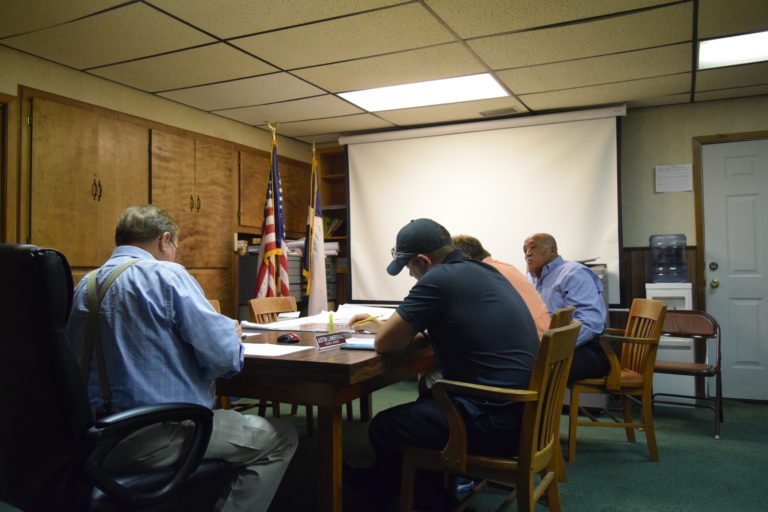
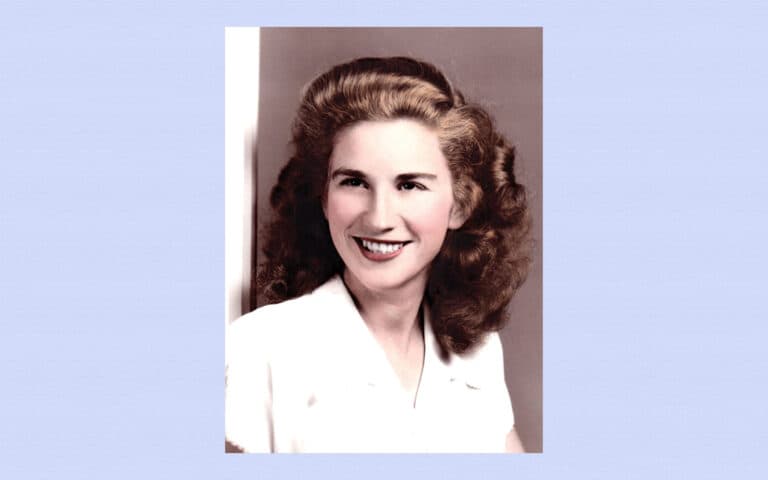
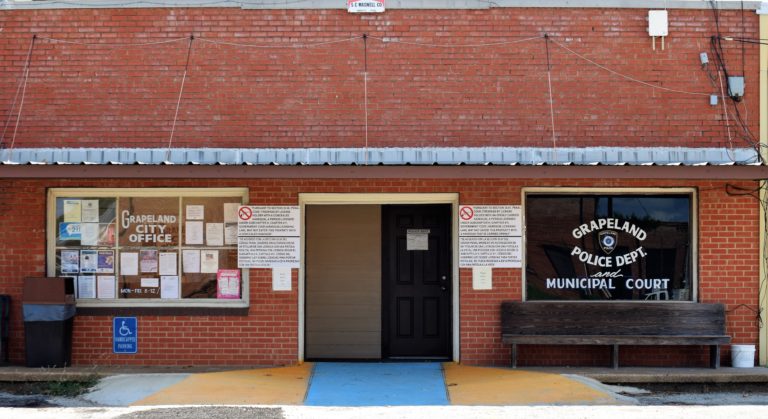

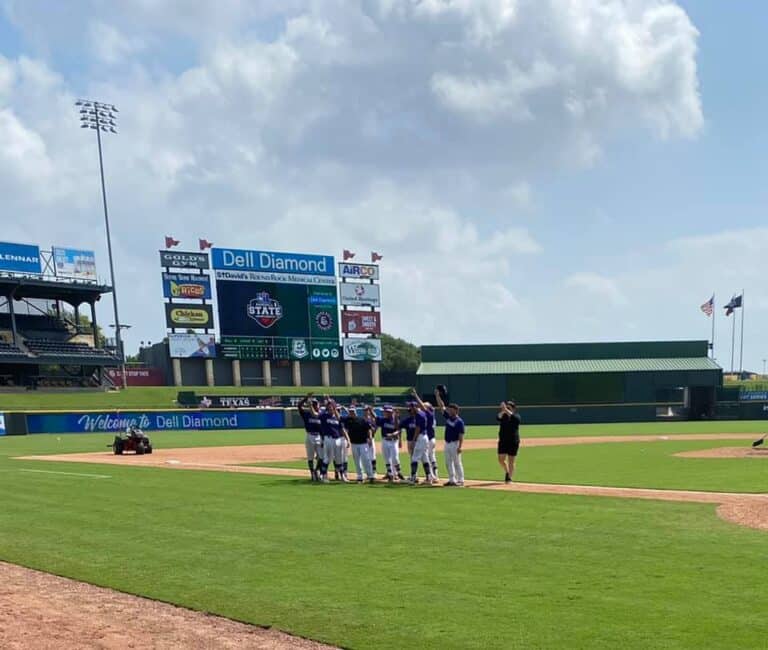
5